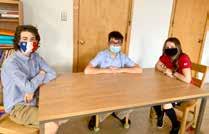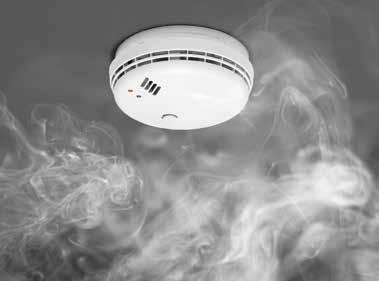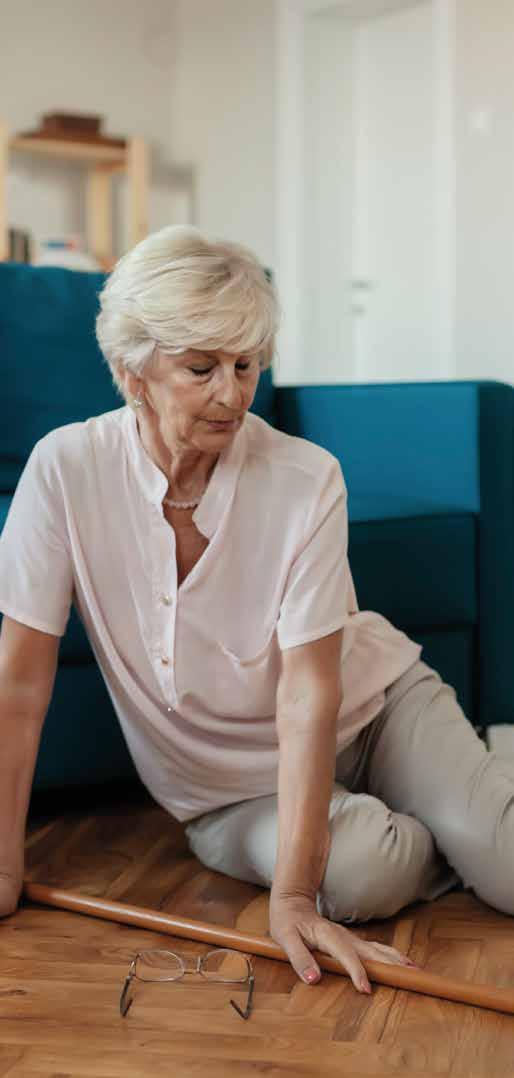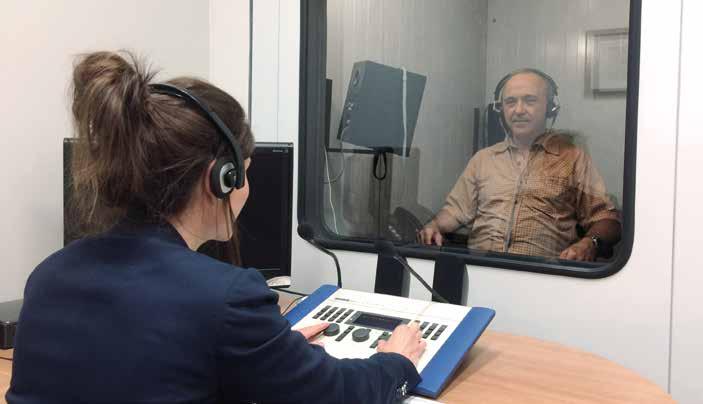COLUMN | MARIE-JOSÉE TAILLEFER
This is especially true for health recommendations, where prevention really is part of everything. Think of all the anti-smoking prevention campaigns, or the campaigns to remind people why it’s important to have certain medical exams. The same is true of hearing health. We focus a lot on prevention. Because the faster you act, the sooner you can make corrections and get better results. However, statistics show that people still wait too long before consulting a hearing health professional about their hearing loss, even if they suspect they have it. The point is that sometimes people simply aren’t aware and don’t know about the options available to them. Other times, though, people are reluctant to think ahead. It’s as if prevention makes it more real. Think about it: just because someone decides to see a nutritionist doesn’t automatically mean they have to go on a diet. Just like having a hearing assessment doesn’t mean you’ll need hearing aids. It’s simply a way to check in and make sure we’re able to make the best decisions for ourselves.
LOBE.CA | © LOBE MAGAZINE 2020
By acting preventively, we’re limiting the consequences as much as possible. Of course, you can’t control everything—sometimes, even with foresight, things don’t turn out the way we’d hoped. Despite this, our best asset is still to stay abreast of the information provided by professionals in order to make more informed choices. All my love, Marie-Josée Taillefer
Ambassador of Lobe clinics and of hearing health
Reference 1. Statistics Canada. Unperceived hearing loss among Canadians aged 40 to 79. Online. https://www150.statcan.gc.ca/n1/pub/82-003-x/2019008/ article/00002-eng.htm. Consulted on September 2, 2020.
In hearing health the faster you act, the sooner you can make corrections and get better results.
7


















